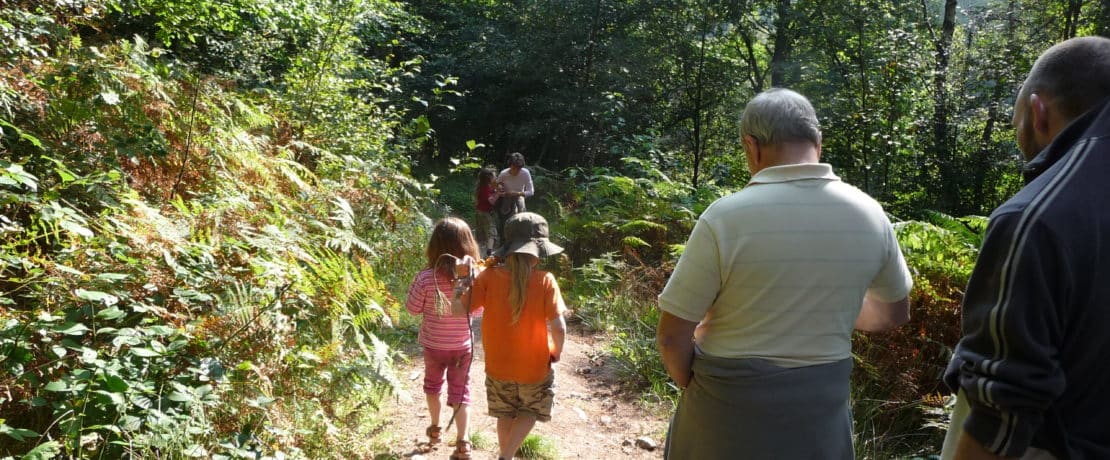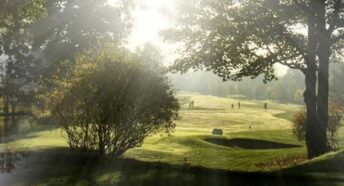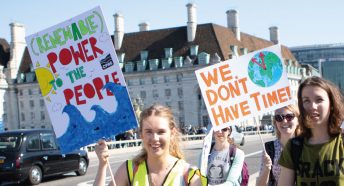Lockdown lesson for government: over two thirds want to see their local green space enhanced
New research by CPRE and the Homeowners Alliance reveals that over two thirds want to see their local green space enhanced
- 72% of adults in the South East think their local green space, or nearby countryside, could be enhanced, and;
- the majority of these would like to see more wildlife (52%) and a greater variety of plant life (52%) in their local green space
CPRE, the countryside charity and the HomeOwners Alliance are calling for the government to go further to protect and enhance local green spaces so that everyone has easy access from their doorsteps.
As lockdown in England eases and people begin venturing out into their local green spaces, new research has found 72% of people living in the South East think their local green spaces, including the countryside next door to where they live, could be enhanced.
Commissioned by CPRE, the countryside charity and the HomeOwners Alliance, and carried out on-line by YouGov as the lockdown started, the research shows that the majority of people believe increasing the amount of wildlife (52%) and the variety of plant life (51%) are top ways in which their local green spaces can be improved.
During lockdown, we have seen a surge in appreciation for local green spaces and a heightened awareness of their role in boosting our physical and mental health and wellbeing[1]. For the one in eight households who do not have access to their own garden, accessible shared or public green spaces are all the more important[2].
CPRE, the countryside charity and the HomeOwners Alliance believe that everyone should have easy access to quality green spaces from their doorsteps and the government should go further to protect and enhance these spaces. Today’s results show that the public agree, and those who were in favour of enhancements would like to see:
- More wildlife including birds, butterflies and bees; (52%)
- More and a greater variety of trees, shrubs, hedgerows, plants and flowers (52%)
- More wilding and less manicured green spaces, allowing nature to take its course (30%)
- More signposted walks (36%); and
- Better maintenance of paths and tending of trees and lawn (34%)
- Unprompted, respondents added that reducing litter and litter collection are also key issues affecting our countryside and green spaces.
Crispin Truman, chief executive of CPRE, the countryside charity, said:
Access to quality local green spaces has hurtled up the agenda as a political issue and for good reason. As lockdown eases, many people are turning to their local patch of green as a place to meet family and friends, subject of course to social distancing, as well as their daily dose of exercise and nature. We’ve been championing local countryside and green spaces for nearly a century, believing they are vital for our health and wellbeing – a natural health service as they’re now being called.
But not everyone has access to green spaces and too many have been lost as the countryside next door to our largest towns and cities faces mounting pressure for development. If the government is serious about learning the lessons of the pandemic, it must use upcoming planning reforms to protect these precious spaces and recognise their value as a natural health service, as we do. But we can’t stop there – by properly investing in our green spaces we can make these spaces easily accessible to more people and invite wildlife like birds, butterflies and bees back.’
Paula Higgins, Chief Executive of Homeowners Alliance, said:
‘Now that people are allowed to move, new build homes and those with nearby green space are becoming more popular. There is a real opportunity for developers and government to create quality green spaces; and this is much more than a patch of lawn. Planning reform should ensure that green spaces are not considered to be an afterthought or a nice extra given the positive role they can play in people’s lives.’
The full set of results can be found here







